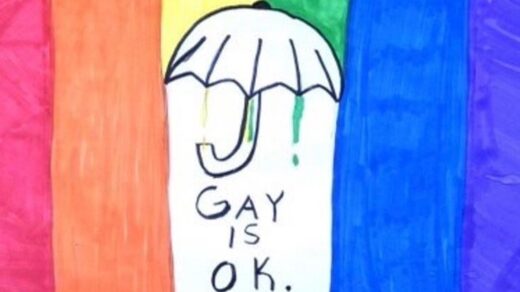A lot of people are leaving their religions. Anti-LGBTQ+ sentiment is a driving force.
Author: Mira Lazine
A recent survey conducted by the non-profit organization PRRI found that 18% of Americans left their religion and are now religiously unaffiliated between the years of 2013 and 2023. Of those 18%, nearly half cited anti-LGBTQ+ sentiment within their prior religion as a reason for leaving.
Other cited reasons for people leaving their religion included mental health concerns (32%) and concerns about their religion becoming too involved in politics (20%). Sexual misconduct scandals also played a big role in motivating people to leave their religion. This was especially prominent among former Catholics; 45% of former Catholics cited sexual misconduct as a reason for leaving their church, markedly higher than the 24% of non-Catholics who said the same.
Stay connected to your community
Connect with the issues and events that impact your community at home and beyond by subscribing to our newsletter.
The survey also found that those who are religiously unaffiliated are more likely to identify as LGBTQ+. Those who identify as LGBTQ+ are also more likely to have left their religion for mental health reasons or out of concern for the sexual abuse scandals seen in churches.
“Religion’s negative teaching about LGBTQ people are driving younger Americans to leave church,” says Melissa Deckman, executive director of PRRI to NPR. “We found that about 60% of Americans who are under the age of 30 who have left religion say they left because of their religious traditions teaching, which is a much higher rate than for older Americans.”
However, not all of the individuals who left are atheists or agnostics. While the number of both of these groupings has risen, only 4% of Americans identify as atheists, while only 5% identify as agnostic.
The primary religion that people are leaving behind is Catholicism, with the church losing more people than it gains.
On the other side, there are very few Americans who grow up nonreligious and later become religious, with this group numbering only around 3%.
The trends seen here largely apply to white, former Christians, particularly former Catholics. They’re not replicated among Black Protestants or those who come from a non-Christian background, such as Jewish individuals.
The survey was conducted based on a sample of over 5,600 participants, representing every U.S. state as well as Washington, D.C. Those conducting the survey relied on data from the USPS to generate a sample that was representative based on address. The survey itself was conducted online, and adjusts for non-response bias by adjusting the sample based on demographic characteristics.
Actual Story on LGBTQ Nation
Author: Mira Lazine




